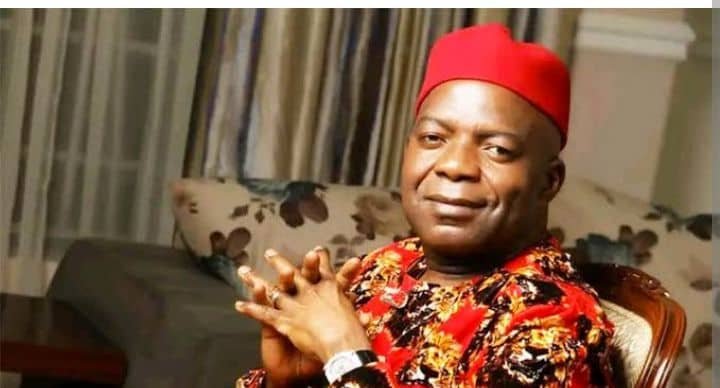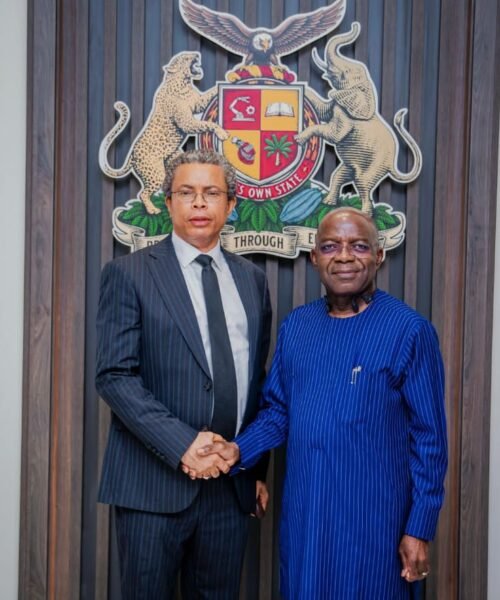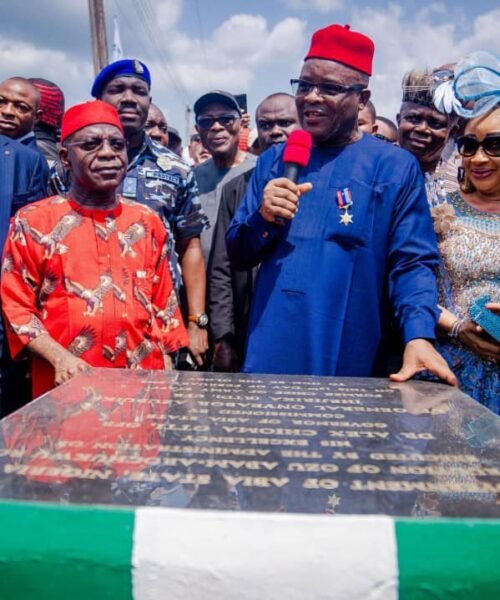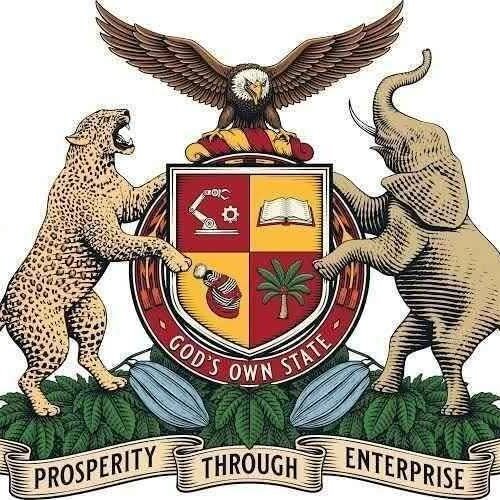Eyes that See Magic in the Mundane
With eyes that see magic in the mundane, let’s unravel the captivating story behind Abia State’s official emblem. This iconic symbol is more than just a representation of the state’s identity; it’s a testament to its rich heritage and unwavering commitment to progress. The eagle, leopard, and elephant – three powerful creatures – come together to convey the essence of Abia: vision, strength, protection, courage, independence, stability, wisdom, and community. At the heart of the emblem lies a shield, divided into four compartments, proudly showcasing the state’s legacy in industry, knowledge, culture, and agriculture. As we delve deeper into the significance of this emblem, we’ll discover the fascinating history and transformation of Abia State, from its creation in 1991 to its current strides under Governor Alex Otti’s leadership, marked by revitalized infrastructure, agricultural productivity, and sustainable development.
Abia State has been making significant strides in its economic initiatives. The Abia Economic Development Blueprint (2015-2025) outlines the state’s vision for economic growth, focusing on key sectors such as industry, infrastructure, and human capital development.
Some notable initiatives include:
- Economic Revitalization Programme: A collaboration with the United Nations Development Programme (UNDP) and Imo State, aiming to support 11,000 people in vulnerable communities with nearly NGN 400 million.
- Ease of Doing Business (EoDB) Reforms: Abia State has improved its EoDB ranking, moving from 33rd to 21st position, thanks to technical and financial support from the Integrated National Financing Framework (INFF) Phase II Program ³.
- Investment Promotion: The state has seen a 103.2% increase in investment promotion and a 38.6% increase in skills and labor satisfaction scores.
- Infrastructure Development: Plans to establish an Abia Industrial Innovation Park (AIIP) and improve road networks to attract investors.
These initiatives demonstrate Abia State’s commitment to fostering economic growth, improving the business environment, and enhancing the quality of life for its citizens.
The state has a rich history of political participation, with its people actively engaging in the democratic process. From its creation in 1991 to the present day, Abia has had its fair share of notable politicians, including Orji Uzor Kalu, Theodore Orji, Okezie Ikpeazu, and the current governor, Alex Otti.
Governors of Abia State
- Orji Uzor Kalu (1999-2007): Served two terms as governor under the People’s Democratic Party (PDP)
- Theodore Orji (2007-2015): Defected from the Progressive People’s Alliance (PPA) to the PDP and won re-election
- Okezie Ikpeazu (2015-2023): Served two terms as governor under the PDP
- Alex Otti (2023-present): Emerged as the winner of the 2023 gubernatorial election under the Labour Party
Abia state’s politics has been dominated by the PDP, with 70% of politicians belonging to the party. However, the 2023 election marked a significant shift with Alex Otti’s victory under the Labour Party.

The state’s electoral system uses a modified two-round system, where a candidate must receive the plurality of votes and over 25% of votes in at least two-thirds of the state’s local government areas to win in the first rounds.
Abia State has faced its fair share of setbacks throughout its history. One major challenge was the Nigerian Civil War, which lasted from 1967 to 1970. The war had a devastating impact on the state, causing widespread destruction and displacement of its people.
Additionally, Abia State has struggled with economic development, particularly in the areas of infrastructure and industrialization. Despite being rich in natural resources, including crude oil and natural gas, the state has faced difficulties in harnessing these resources to drive economic growth.
Key Setbacks:
- Boundary Disputes: The state has experienced boundary disputes with neighboring states, including Rivers State and Ebonyi State, which has led to tensions and conflicts.
- Economic Underdevelopment: Abia State’s economy has been slow to develop, with limited investment in key sectors such as manufacturing and agriculture.
- Infrastructure Challenges: The state’s infrastructure, including roads and transportation systems, has been inadequate, hindering economic growth and development.
- Environmental Degradation: The state’s environment has suffered due to oil spills and other environmental hazards, affecting the health and livelihoods of its people.
Despite these setbacks, Abia State has made efforts to overcome its challenges and achieve economic growth and development. The state government has implemented initiatives to promote investment, improve infrastructure, and enhance the quality of life for its citizens.
As the new set of leaders takes center stage in Abia State’s 17 Local Government Areas, Governor Alex Otti’s administration is poised to drive sustainable development and transformative change. The new charter for Abia under Otti focuses on revitalizing key sectors, prioritizing infrastructure development, and promoting economic growth.
Key Development Areas:
- Infrastructure Development: Rehabilitation of roads, schools, healthcare facilities, and urban renewal programs to boost productivity and quality of life.
- Agricultural Productivity: Initiatives to leverage Abia’s rich agricultural resources for economic growth and food security.
- Economic Growth: Strategic investments in entrepreneurship, innovation, and industrialization to create jobs and stimulate economic development.
The Abia State Long-Term Development Plan 2020-2050 (ABSLTDP), a 30-year perspective plan, will serve as a guiding framework for sustainable development. This plan emphasizes infrastructural regeneration, wealth creation, improved quality of life, and responsive governance.
Under Otti’s leadership, Abia State is expected to witness significant improvements in education, healthcare, and infrastructure, ultimately becoming a model for sustainable development in Nigeria and Africa.
Dr Chukwuemeka Ifegwu Eke writes from the University of Abuja Nigeria






